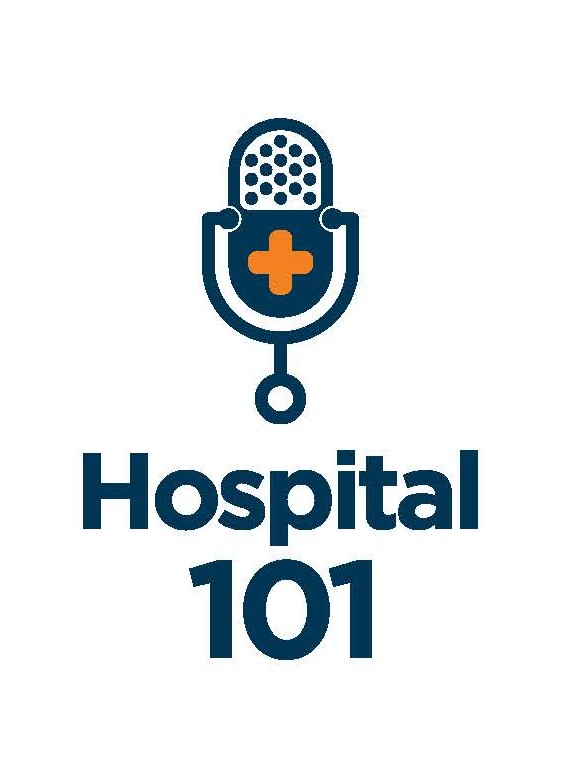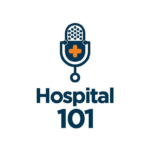Dan Grigg, CEO of Wallowa Community Hospital in Enterprise, Ore., was a teenager when he understood the importance of access to care close to where people live, especially in rural parts of the state. Maintaining and growing access to essential services in rural Oregon has been a guiding principle in his career.
Hospital association announces Board of Trustees updates
At its December meeting, the Hospital Association of Oregon Board of Trustees selected its officers, whose collective expertise will help guide the organization’s strategic priorities and support hospitals at a critical moment for health care in Oregon.



